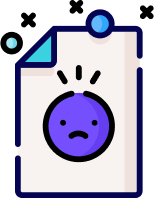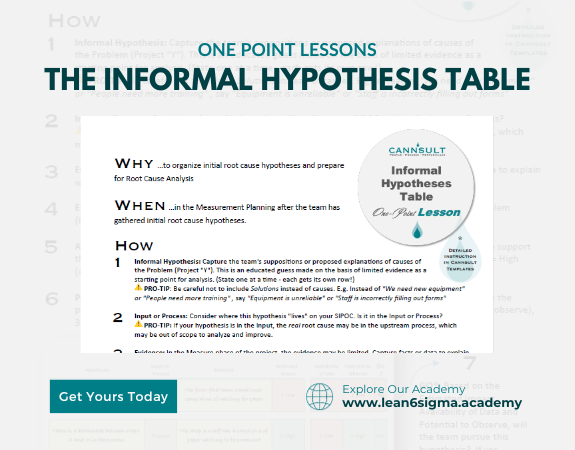Informal Hypothesis
Clarify problems
Problem-solving
So easy to use!
Testing Hypotheses
Teamwork
Data analysis
An Informal Hypothesis Table is a structured approach to formulate, organize, and test hypotheses in problem-solving and experimentation.
Description:
The Informal Hypothesis Table is a tool used to systematically develop and test hypotheses for problem-solving or experimentation. It helps teams or individuals organize their thinking, align on potential solutions, and prioritize testing efforts.
Steps:
Define the Problem: Clearly articulate the problem or challenge you're addressing. This forms the basis for generating hypotheses.
Brainstorm Hypotheses: Collaboratively brainstorm potential hypotheses or explanations for the problem. These hypotheses are educated guesses about what might be causing the issue.
List Variables: Identify the key variables that might be affecting the problem. These variables are the factors you'll test against your hypotheses.
Formulate Hypotheses: For each hypothesis, state it in a clear, concise format. Use the "if-then" structure to outline the cause-and-effect relationship.
Identify Tests: Determine how you can test each hypothesis. Define the tests, experiments, or observations that will help validate or invalidate the hypotheses.
Prioritize Tests: Evaluate the potential impact of testing each hypothesis and prioritize based on importance and feasibility.
Conduct Tests: Execute the tests based on the prioritized hypotheses. Gather data and observations to assess the validity of each hypothesis.
Analyze Results: Review the test results and determine whether each hypothesis is supported by evidence. Adjust your understanding and actions accordingly.
Benefits:
Structured hypothesis generation
Clarity in problem-solving
Focus on data-driven decisions.
Collaboration among team members
Key Takeaway:
The Informal Hypothesis Table is a valuable tool for organizing and testing hypotheses to address problems or challenges. It guides teams in systematic problem-solving and encourages data-driven decision-making.

0 Reviews
Riaan is a dynamic leader, coach, facilitator, Lean Six Sigma Master Black Belt with over 20 years of hands-on experience driving business results. Riaan is highly skilled and has worked across diverse industries internationally. With a degree in Chemical Engineering, Riaan started in the major breweries and bakeries in South Africa and was so dedicated to his work that he was often known to take his work home with him.
